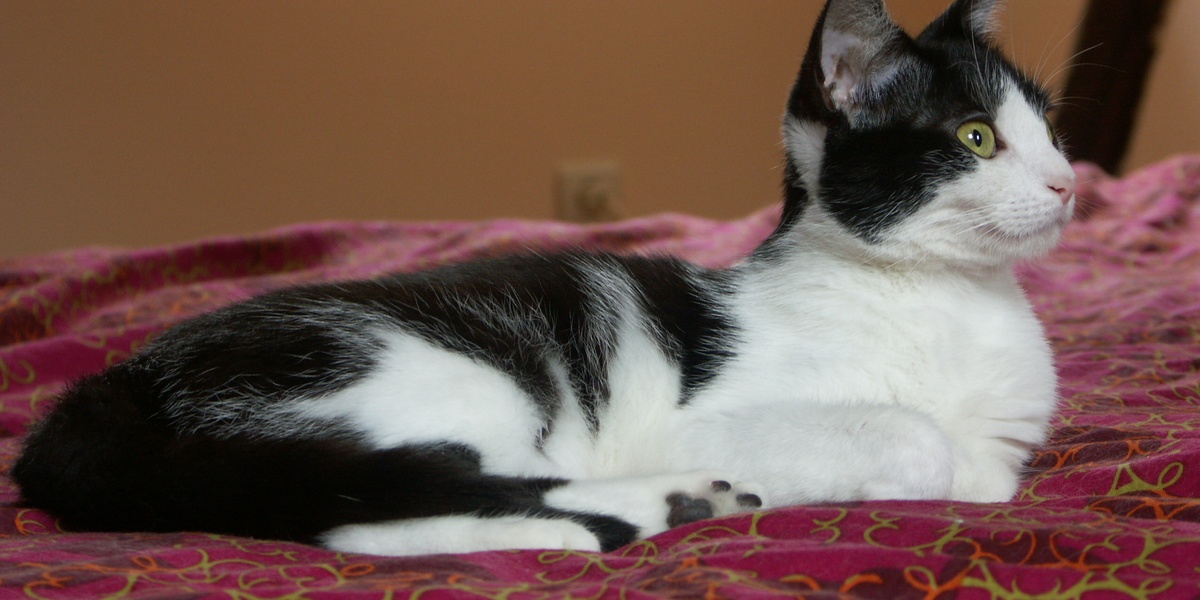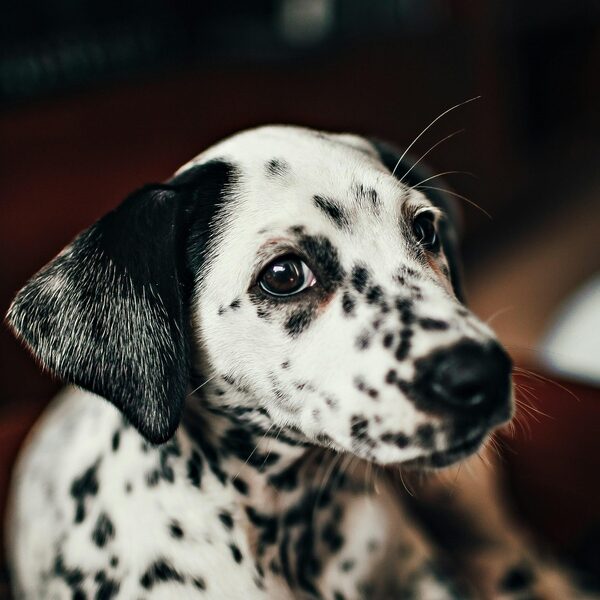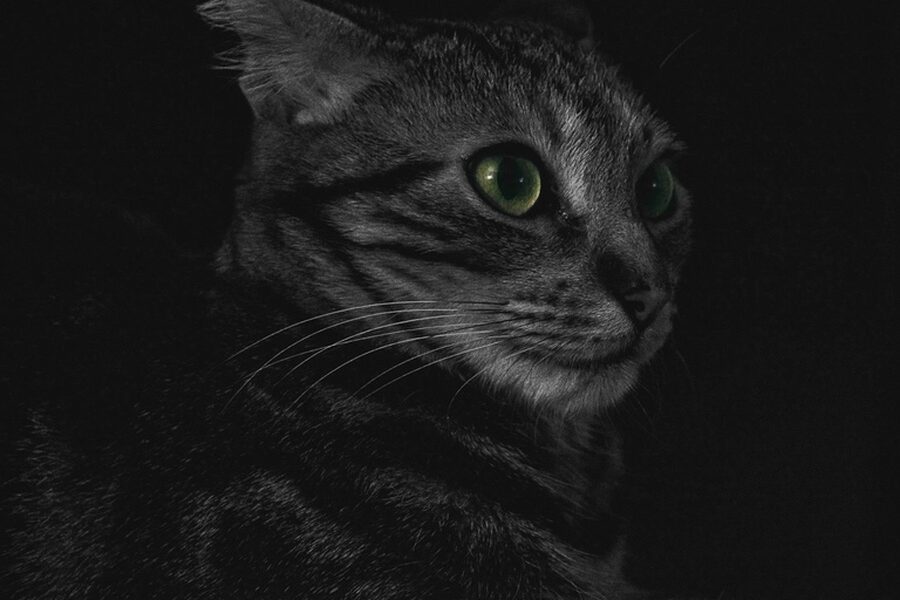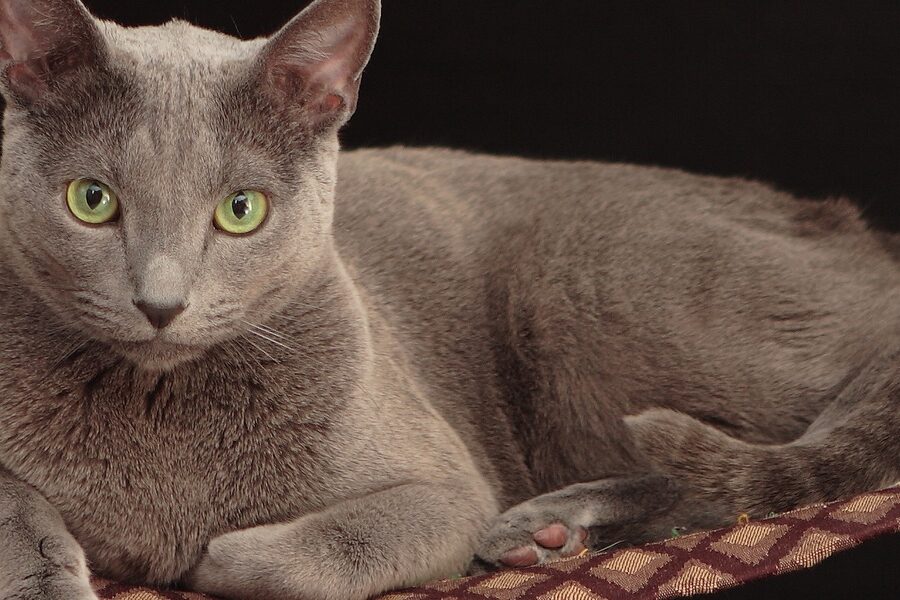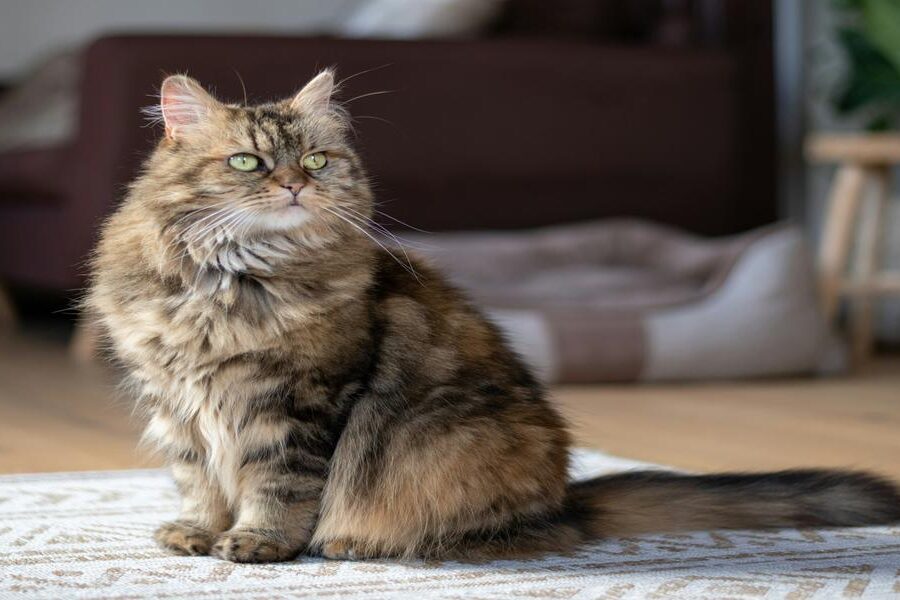There’s something undeniably classic and elegant about a cat adorned in the striking contrast of black and white. These distinctive felines often capture attention with their sophisticated ‘tuxedo’ coats or charming patchy patterns, making them a popular choice among cat enthusiasts.
While their colors might be simple, the variety among them is surprisingly diverse. In this comprehensive guide, you’ll discover 20 black and white cat breeds, showcasing everything from the robust American Bobtail to the graceful Turkish Van. For each breed, we’ve organized key details including their Scientific Name, Origin, and average Weight (kg), which you’ll find presented clearly below.
What causes a cat to have a black and white coat?
A cat’s black and white coat, often referred to as a bicolour or piebald pattern, is primarily determined by genetics. It results from a gene that limits the migration of pigment-producing cells (melanocytes) during fetal development. The extent of white fur depends on how early or late this gene activates and how far the melanocytes spread, leading to various patterns from small white patches to large areas, like the classic tuxedo look.
Do black and white cats have a specific temperament?
While coat color can sometimes be loosely linked to certain genetic traits in cats, there’s no scientific evidence to suggest that black and white cats, as a group, possess a singular temperament or personality. A cat’s personality is far more influenced by its breed, individual genetics, early socialization, and environment. Each black and white cat is unique, just like any other cat, regardless of its beautiful markings.
Black and White Cat Breeds
| Breed Name | Scientific Name | Origin | Weight (kg) |
|---|---|---|---|
| Japanese Bobtail | Felis catus | Japan | 3-5 |
| Turkish Van | Felis catus | Eastern Turkey | 4-7 |
| Manx | Felis catus | Isle of Man | 4-6.5 |
| Cymric (Longhair Manx) | Felis catus | Isle of Man | 4-6.5 |
| Cornish Rex | Felis catus | Cornwall, England | 3-4.5 |
| Devon Rex | Felis catus | Devon, England | 3-4 |
| Maine Coon | Felis catus | Northeastern United States | 5-9 |
| British Shorthair | Felis catus | United Kingdom | 4-8 |
| Norwegian Forest Cat | Felis catus | Norway | 4-9 |
| Siberian | Felis catus | Russia | 4-8 |
| American Shorthair | Felis catus | United States | 3.5-6.5 |
| Turkish Angora | Felis catus | Turkey | 3-5 |
| Scottish Fold | Felis catus | Scotland | 3-6 |
| Oriental Shorthair | Felis catus | Thailand/Developed in UK | 2.5-5.5 |
| Exotic Shorthair | Felis catus | United States | 3.5-6.5 |
| Persian | Felis catus | Persia (Iran) | 3.5-7 |
| American Bobtail | Felis catus | United States | 4-9 |
| Selkirk Rex | Felis catus | United States | 4-8 |
| LaPerm | Felis catus | United States | 3-6 |
| Ragamuffin | Felis catus | United States | 4-9 |
Images and Descriptions

Japanese Bobtail
Affectionate and active breed often seen with a white base and distinct black patches; known for its short “bobbed” tail and social, vocal personality.
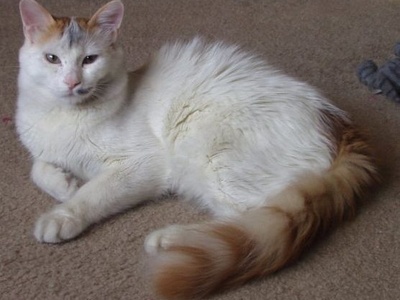
Turkish Van
Famous for the “Van” pattern — mostly white with color restricted to the head and tail — black-and-white Van examples are common; energetic and water-loving.

Manx
Tailless or short-tailed sturdy cat frequently found in black-and-white bicolor patterns; playful, loyal, and known for strong hindquarters.
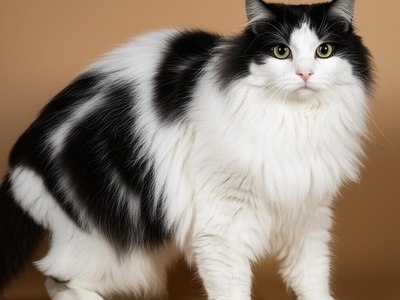
Cymric (Longhair Manx)
Longhaired variety of the Manx that also commonly appears in black-and-white; gentle, hardy, and often bouncy despite short tail.
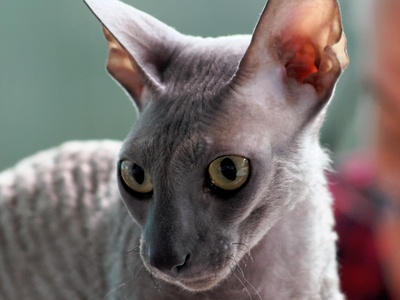
Cornish Rex
Slim, athletic cat with a soft, curly coat where black-and-white bicolors are often seen; playful, affectionate, and very active.
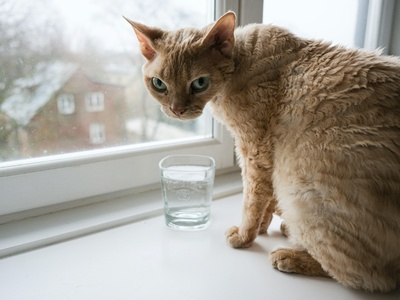
Devon Rex
Small, elfin-faced breed with a wavy coat; black-and-white combinations are common and the cats are known for being mischievous and people-oriented.
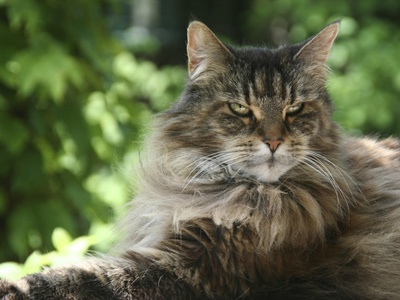
Maine Coon
One of the largest domestic breeds, often seen in bold black-and-white bicolor or tuxedo patterns; gentle, sociable, and good with families.
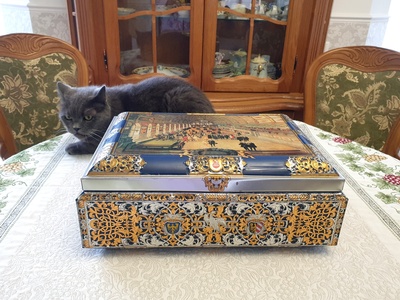
British Shorthair
Stocky, round-faced cats where bicolor black-and-white variants are widely recognized; calm, placid temperament and ideal for quiet households.
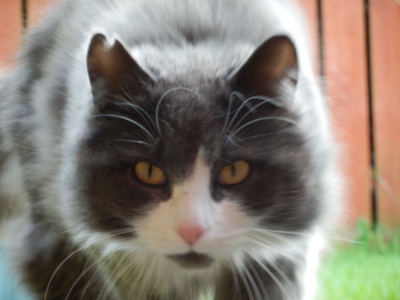
Norwegian Forest Cat
Robust longhaired breed adapted to cold climates; black-and-white bicolor or patched coats occur commonly; affectionate but independent.
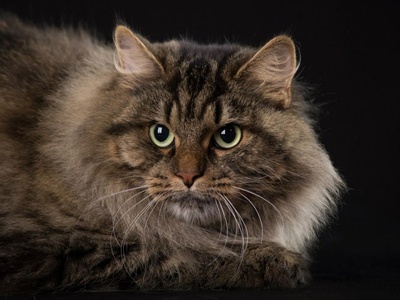
Siberian
Heavy-boned, semi-longhair cat with many color possibilities including frequent black-and-white bicolor patterns; playful, intelligent, and hypoallergenic-friendly for some people.
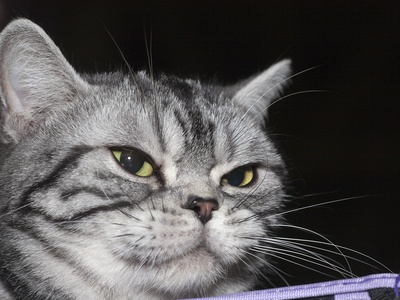
American Shorthair
A classic, hardy breed with many color options; black-and-white bicolors are common and the cats are known for even temperaments and adaptability.
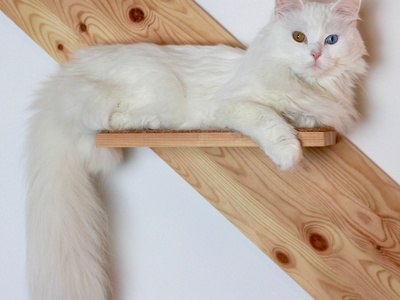
Turkish Angora
Elegant, fine-boned cats traditionally found in many colors including striking black-and-white bicolors; lively, curious, and people-focused.
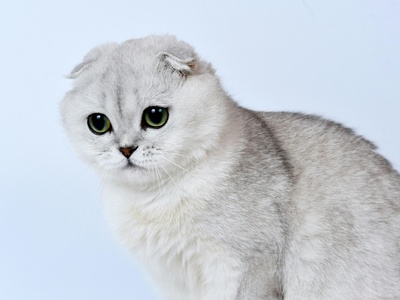
Scottish Fold
Recognizable for folded ears and a rounded face; black-and-white bicolor markings are commonly seen; gentle, calm, and affectionate.
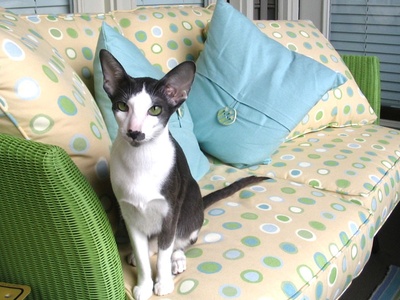
Oriental Shorthair
Sleek, vocal breed available in countless color combos including sharp black-and-white patterns; very social and energetic.
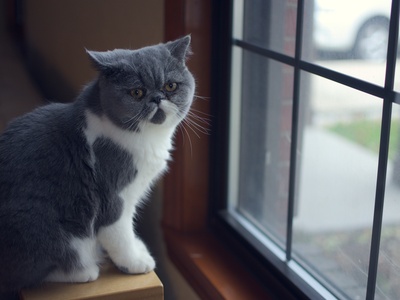
Exotic Shorthair
Shorthaired Persian-type with plush coat where black-and-white bicolor patterns are standard; sweet-natured and more laid-back than active breeds.
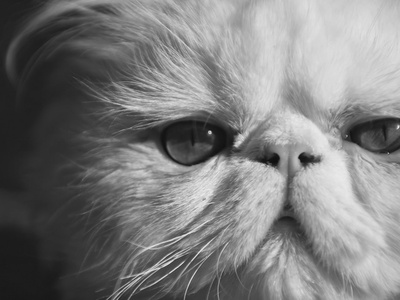
Persian
Longhaired, flat-faced breed available in many colors, with black-and-white bicolors seen regularly; calm, gentle, and affectionate lap cat.
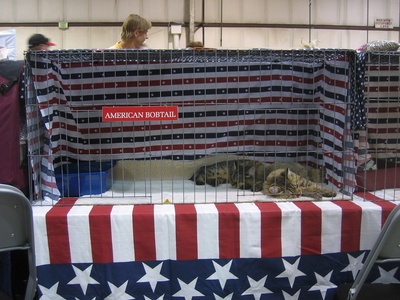
American Bobtail
Wild-looking, short-tailed breed that frequently appears in black-and-white patterns; playful, tolerant, and very dog-like in temperament.
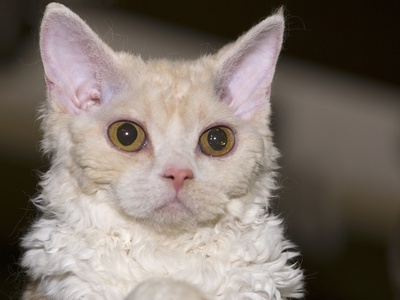
Selkirk Rex
Distinctive curly-coated breed with plush, soft curls and common black-and-white color combinations; calm, affectionate, and tolerant of handling.
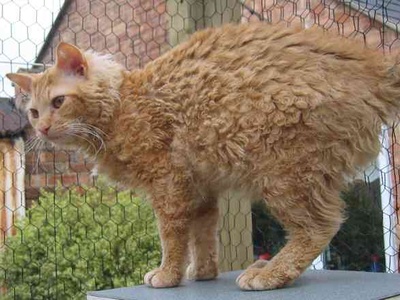
LaPerm
Curly- or wavy-coated breed available in many colors including black-and-white; friendly, curious, and known for a gentle disposition.
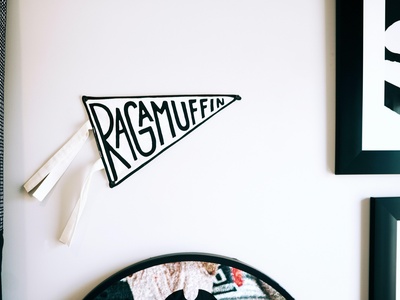
Ragamuffin
Large, soft-coated companion breed often seen in bicolor black-and-white; exceptionally docile and people-oriented with a teddy-bear look.
